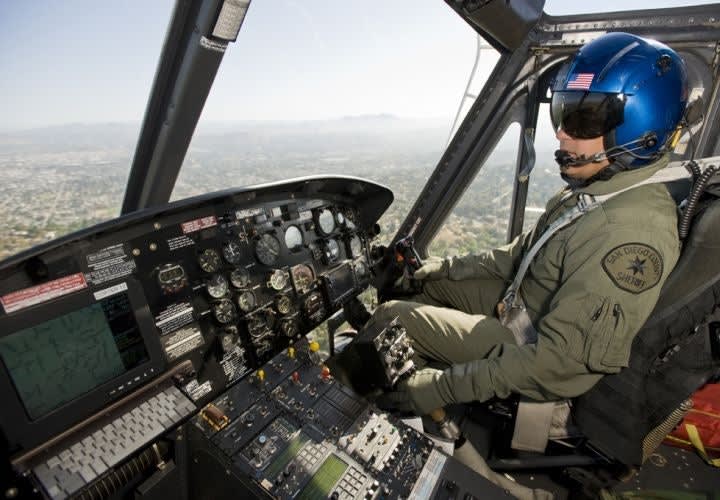Deputy Kimball has posted an article that gives officers some excellent suggestions if they have set a goal to join the airborne ranks.
Of course, if your agency uses civilian pilots or is looking to hire trained pilots from the private sector and put them through the police academy, you may be waiting longer for the transfer.
But the deputy provides a good guide for in-house Observers/Tactical Flight Officers (TFOs) or other officers. His best advice is to view the process as a long-term one. He knows this, because he lived it. He spent four years working corrections and 16 patrolling in a black-and-white.
Here's an excerpt:
On most agencies, you are going to have to compete for these positions. In other words, there is a selection process where points are given for seniority, experience on the department, etc., and then ultimately [there's] an interview. Certainly some weight will be given to aviation experience, and some aviation experience may be mandatory on some agencies (such as a private fixed-wing license).












